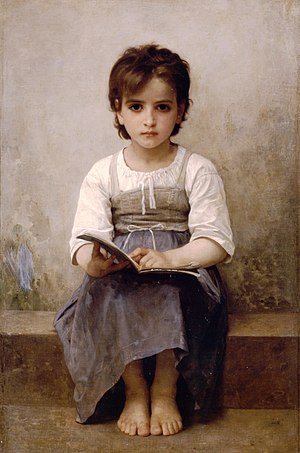As a child grows into an adult, different aspects of his/her physical, emotional and mental self needs development. To help a child reach his/her full potential, it is necessary to recognize the child's developmental needs and abilities. To be effective, after school programs should assist children with tasks they must accomplish during each stage of development.
A child's growth curve can be divided into three main parts:
- Young child (ages 3-5)
- Middle school (ages 6-8)
- Older school (ages 9-12)
Physical Domain:
When children are young, they want to perfect skills that they have just learnt to control. A variety of movements such as jumping, catching and throwing delight them. The middle school child, on the other hand, wants to learn more complex skills and get involved in team sports. This is also the best time to learn about rules and discipline in sport. The older school child wants selection and variety and is often ready for more adult-like activities that need greater structure and discipline, like dancing, gymnastics, music classes etc.
Social/Emotional Domain:
Young children are observing others and will be interested in games where they play the roles of family members. They develop short-term friendships and need an adult's presence to assure them. The middle school child is intrigued by society wants friends and will love trips to factories, public buildings, etc... They want to know the 'how' and 'why' of things. The older school child is ready to learn about different cultures, food and customs. Friends are often established and time with is important. They often want to do some amount of social work and help others.
Intellectual Domain:
Young school children will practice what they are learning. Middle school children want to learn more skills and will show interest in reading, drama and problem solving. The older school children are ready to research
and probe. They enjoy getting a puzzle and pondering over it.
Spiritual Domain:
Young school children will practice what they see others do. Middle school children will want to know "Why" and seek to learn more. The older school children are ready to test "Why" and see if it works for them. They often need guided opportunities to test their ideas and feelings about God. In all stages, example has a powerful influence.
Any after school program needs to address the interests of the child depending on the category he or she belongs to. Knowing children and appreciating their needs and interests will help you plan and structure programs that are most useful to the child.
Learning can be fun,
Greg


![Reblog this post [with Zemanta]](http://img.zemanta.com/reblog_e.png?x-id=187bda5e-5b55-49ad-9123-941e09bad01a)
